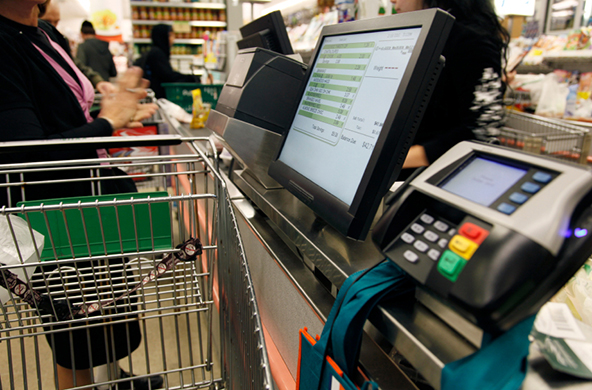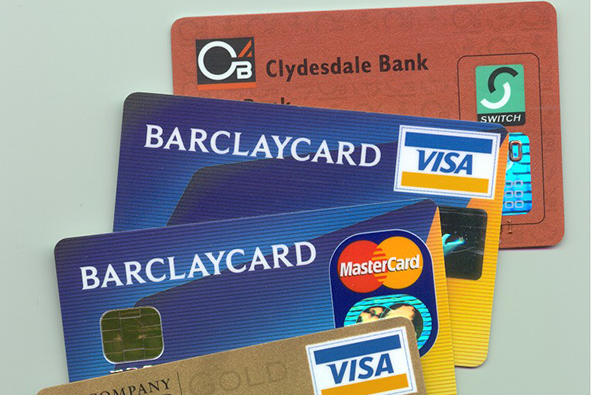3 Reasons Why You Can Have Your Merchant Account Suspended

Processors go into great lengths to ensure that each merchant account they underwrite is used according to the terms and conditions set out in their processing agreements. Before setting up the account, the processing bank will closely scrutinize the financial situation of both the applicant business and its principals. The evaluation process includes examining the owner’s credit report and the business’s operations, premises and previous processing history (if available), to help establish the applicant’s credit worthiness. If they are not entirely satisfied by what they’ve seen there, the processor’s credit managers may request additional documentation, such as the owner’s tax returns and the business’s financial statements.
Once the merchant account is approved and set up, the processor will monitor its activity to ensure it is used as agreed. If they see something suspicious, the processor’s risk managers will contact the merchant and request a clarification. For example, if the merchant has stated in its application that the average transaction amount would be $150 and then starts accepting payments averaging $500, that would raise a red flag. Similarly, if the approved annual processing volume is reached in a couple of months, an explanation will be requested. However, if the merchant responds promptly to its processor’s request and provides the necessary documentation, the issue will probably be resolved quickly.
There are circumstances, however, that can result in the suspension of a merchant account. There are three main reasons why this can happen:
- Fraud. The first and most obvious reason that will automatically lead to a suspension is fraud committed by the merchant. Fraud can take many shapes and forms. Misusing personal information like credit card numbers and details, overcharging, not delivering products and services as advertised are just a few examples.
- Excessive chargebacks. Another reason your processor may shut down your merchant account is a consistently high level of?áchargebacks. Chargeback is a transaction that is returned to the merchant as a financial liability. It is generated when a cardholder disputes a transaction or when the merchant does not follow proper card acceptance procedures. In essence, it reverses a sale. The importance of keeping chargebacks under control cannot be overstated. Both Visa and MasterCard require that merchants keep chargebacks below one percent of the total number of transactions they process. In reality, your processor will suspend your merchant account long before you reach one percent, to avoid being fined by the Associations (Visa and MasterCard).
- Multiple merchant accounts. Processors typically will not allow you to have another active merchant account while you are using the one they have underwritten. Some will close an account if they find out that you have opened one with a competitor.
It should be emphasized that fraud and excessive chargebacks are a huge problem in the payment card industry and processors are required to closely monitor their merchants for signs of unusual activity. Most of the time, such activities are completely legitimate and it is easy to prove it. It is important that merchants respond promptly to all information requests and cooperate with their processors. Keep in mind that your processor does not want to suspend your merchant account. The only way they can make money is to have you as a customer. Work with them whenever they reach out to you and help resolve the issues before they deteriorate to the point where the processor is forced to take an action you might not like.
Image credit: Whatsnextretail.com.


